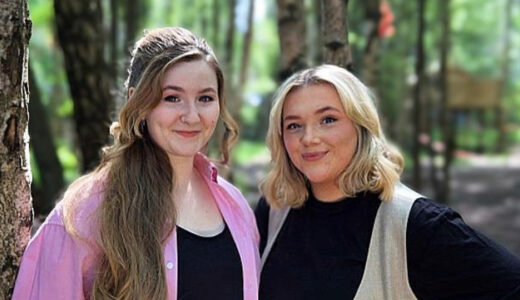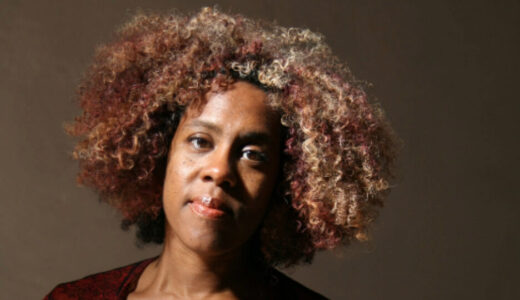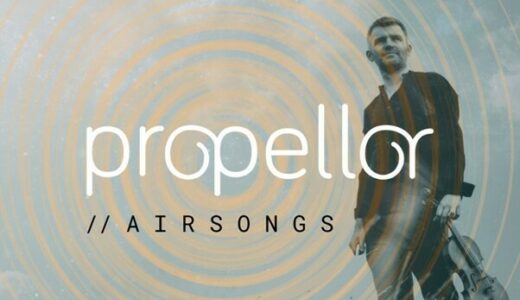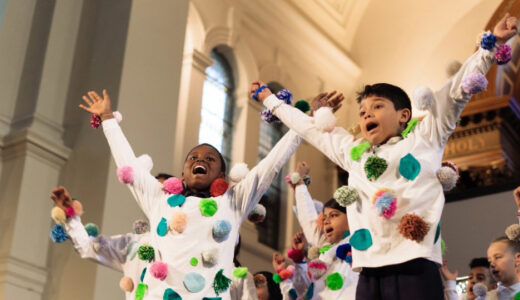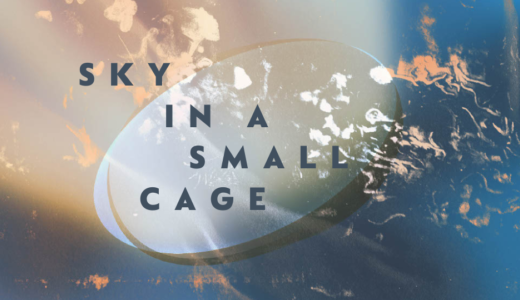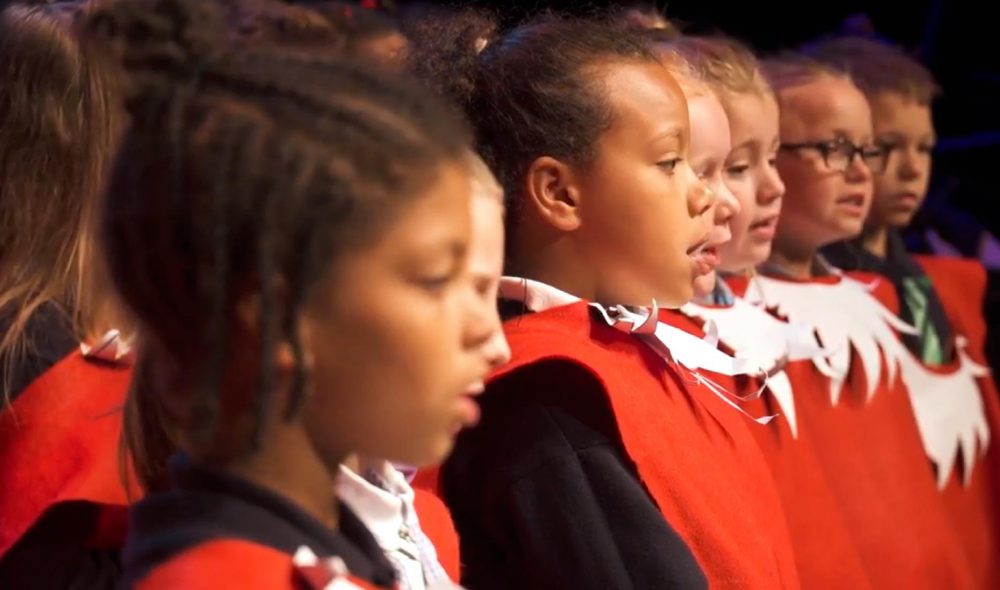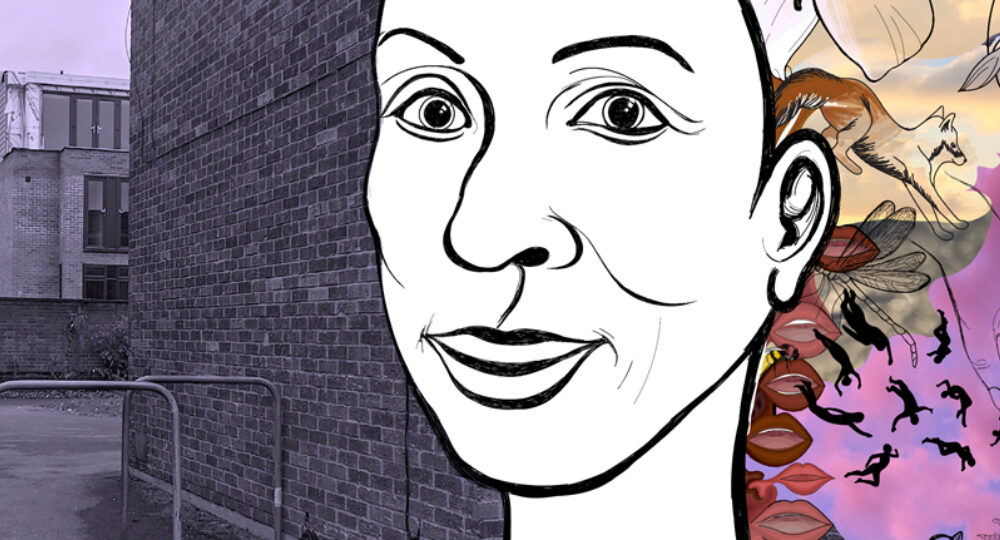
08/04/20
Various Stages Festival 2020: A Reasonable Adjustment
Toria Banks and Amble Skuse in coversation...
WHERE ARE YOU NOW?
TORIA: I’m at home, in South London, where I normally spend most, now all, of my time. Moving between rooms in the flat to follow the sun round the corner of the building. I chose the flat knowing I’d be inside a lot and it has really big windows. An upside of being prepared for isolation.
AMBLE: I'm in bed at my mum's place in Devon. I generally work in bed because sitting at a desk is too draining for me. I can get more done if I'm in bed with pillows.
More thoughts…
AMBLE: We've been in lockdown since 10th March and are being super careful. It's actually not that different from my normal life. I cannot go out more than once a week anyway, and I can't do socialising, work outside of my bed or exercise activities. It sort of feels like the whole world is now experiencing what I went through 12 years ago.
TORIA: Yeah, I thought that too at first. But then everyone was so busy sharing tips on being busy and productive at home, and I had a bit of a flare up and couldn’t do anything. I felt like people had come to where I live and pointed at all my failings. But I spoke to you, and you reminded me, ‘they don’t have M.E, they’re just indoors.’ Obviously being ‘just indoors’ is a big adjustment for most people, but I’ve been finding that experience hard to connect with.
AMBLE: Yeah. Some people have reacted to their isolation in very negative ways, although they've never really seemed to care about isolated people before. So there's maybe a sense of bitterness and resentment because it's as though this lifestyle was deemed fine for us, but when it happens to other people it's a disaster. We've been lonely, under-employed, in pain, and in poverty, but no one noticed. It's a difficult time for disabled people.
TORIA: It doesn’t feel great to hear the message that ‘only the elderly and those with pre-existing conditions are at risk’ offered as reassurance, when that’s you. Although they’re not really saying that anymore.
AMBLE: But we are seeing doctors saying that they'd have to decide who gets ventilators based on quality of life. If we do have to choose, am I on the disposal pile because I am disabled? It's definitely bringing a lot of disabled issues to the fore, for better and worse.
TORIA: And it feels typical that while you are worrying (understandably) about that I’m worried that I’m not considered genuinely, provably disabled enough to get my shopping delivered! And yet so much of our experience is the same. People love to decide who counts as disabled, whether it’s to do them good or harm.
AMBLE: And yet, despite all this being so relevant to disabled expereince and life, we are barely being talked about. Our experience of isolation and coping is not being viewed as something to tap into.
TORIA: But we do still have that experience and understanding, and it does help. It will become harder over the coming months for non-disabled people to maintain the patterns and pace of their normal lives. So far there’s been a lot of talk of a ‘slower pace’ but it’s felt like people are very reluctant to let go of their busyness. People will have to, and that’s a grieving process we’ve been through already, and come out the other side.
AMBLE: So that’s where we are, then :)
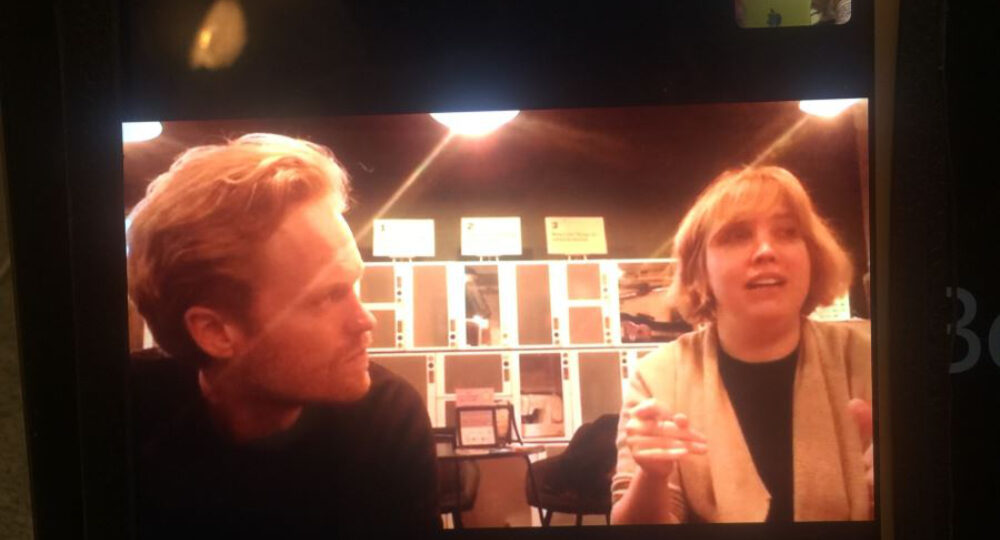
Amble, Freddie and Toria remote workshop
WHAT WERE YOU PLANNING TO PRESENT?
We’ve been working on a verbatim opera based on interviews with disabled people to be performed by an all disabled company.
We would have…
Played you a song. We can’t put it online because we don’t have everyone’s permission. Consent is important. Please remember that when putting your work online in a pandemic.
TORIA: The song is made up of phrases taken from interviews, and the words are set according to a verbatim approach; the music following the pitch and phrasing of the original speakers’ voices.
AMBLE: I did these interviews as a part of my PhD, and Toria was one of the subjects. In the media, disabled people tend to be either victims - who often commit suicide so as not to be a 'burden' - or superheros winning medals. But the discussions I had take in everything from eugenics to capitalism to human relationships, to body positivity. It's a really vibrant and punk scene with some very original thinkers, but it never gets heard because there's an assumption that disabled people’s experiences aren’t relevant to non-disabled people. In fact, I think disabled people could really teach non-disabled people a lot about how to live.
TORIA: When I heard this song, that’s when I approached Amble about making an opera together. I think it’s beautiful. I liked the spareness of it, and the intimacy. It has scale and ambition, because of what’s being talked about, but it also has the quality of a chat with a friend. That combination is really appealling to me. The details of how people express themselves - the leaps and hesitations and repetitions - are beautiful, and the music holds them up to the light.
Read you some dialogue from a scene.
TORIA: The scene is for 2 women. Hannah is a disabled woman, and an applicant for Personal Independence Payment (a disability benefit). Lyn is a nurse, working for a private company on behalf of the Department of Work and Pensions to assess Hannah’s claim. The scene is taken entirely from the transcript of a real assessment and will be the backbone of the opera. It’s only one conversation apparently about everyday things – preparing food, having a wash, going to the shop - but the stakes are high. It's about survival. Maybe people will be primed to understand that now.
AMBLE: The interaction is such a complex and contradictory one. It reveals a lot about how people can judge one another, how disabled people get forced into little boxes defined by the benefits system and how people doing that job find themselves able to follow that process. It's about love for our fellow humans, and who gets to be human.
TORIA: These encounters are very private and are deliberately made shaming for applicants. I feel that there’s power in performing one publicly; and courage in our source allowing us to do it. We’re only sharing a tiny snippet here, partly because the act of performance, particularly of singing, transforms what that text is in a way that reprinting it can’t. When we were first talking about the idea we put forward a proposal for the Royal Opera House’s Engender programme because the idea of getting DWP benefit assessments into the building at Covent Garden was very energising. So often when disability inclusion in the arts is discussed it is de-politicised and shorn of financial context. But you can’t separate the two.
So thanks for coming along today, I’m Lyn and I’m a nurse.
I’ll do your assessment. I don’t make a decision.
I’ve got lots of typing to do, lots of questions to ask. We ask these questions of everybody. I will be looking at you when I’m typing.
[Pause]
Do you live in a house or a flat?
Detached, semi-detached, terraced?
And do you have steps to your front door?
And is your bedroom upstairs or downstairs?
And do you have a toilet upstairs and downstairs?
And do you have a bath or a shower?
And have you had any aids or adaptations to your property to help you?
And who do you live with?
And do you have friends?
Demonstrated some software.
AMBLE: Some of the text will be notated and sung, but because I work with technology, some of the voices will be the real recordings, layered up into improvised soundscapes. I'm implementing a lot of disabled theory into the structuring and decision making in the piece. I want to disperse power from my privileged position as composer to the all-disabled cast and to disabled people at home.
TORIA: This aspect of Amble’s practice is very enticing to me. I co-run a company called HERA, an intersectional feminist opera company, and a big part of what we want to do is to imagine less hierarchical ways of making opera. Rather than working within existing models, which often exclude each of us in one way or another, we want to start from equality, between artists, and with and between audience members.
AMBLE: The opera will be different each time and will allow the group to be an amorphous network. Each person has their own needs and voice, and as a composer I'm trying to create a structure which allows them to shape the performance according to their needs and wishes. So the performers would be able to improvise sections to be very busy and virtuoso one night, or very calm and reflective another. They could skype in or even not perform at all, because flexibility is a keystone of disabled theory. I feel like it's wrong to make a show about disabled lives but then impose a structure which doesn't comply with disabled theory.
TORIA: Being comfortable with ideas of radical unpredicability and contingency seems like an advantage at the minute. Chronic illness means I can work, sometimes, but sometimes I have to rest: it’s hard to plan. It also means I have to think about my health every single day. That can mean I’m sometimes seen as unreliable or selfish. But at the moment, everyone is, to an extent, in that position.
AMBLE: That comes with conflicting emotions which I think a lot of disabled people are sharing. It's good because people will finally see things from our perspective, and online tools, working from home and event streaming are taking off incredibly fast. Hopefully these things will stick around to make our lives easier in the future.
WHAT DID YOU DISCOVER IN THE WORKSHOPS?
AMBLE: I loved the workshops. We had two shorter sessions working with Freddie because neither Toria or I felt we could do a whole day, and I ended up joining by Skype because I was already isolating in Devon.
TORIA: The plan had been for Amble to be in London, and I’d asked Mahogany to book a space local to me, because it’s what she would have needed. In the end it meant that I wasn’t worried about pain and exhaustion from travel. So one thing I discovered is that it’s a great idea to ask for things that make my own life easier, not just for other people!
AMBLE: It was great to get an outsider's eye on how the structure might work, and to be asked questions which we had to unpick.
TORIA: It felt very joyful. Neither of us felt like we had to defend our project and as a result it was very honest and led to a lot of discoveries that came just out of talking. Here’s three…
1. A big thing. Hannah and Lyn are both trying to change the other. It is a real duet.
2. It ends with a dance.
3. We want to go even further in terms of engaging a disabled audience who can’t be at the show live, and allowing them to influence the performance. We should adjust reasonably to them.
And a bonus...
Freddie listened to a track that Amble made just as a learning aid for the singers. Not having realised what it was for, he found it really beautiful in its own right. Now, something like it might be in the show. A happy accident.
HOW DOES THIS PROJECT RELATE TO YOUR NORMAL PRACTICE? WHAT’S NEW?
AMBLE: I don't usually collaborate unless it's improvisational. So this is a really new experience. Passing something backwards and forwards between us is fascinating. It's strange to hand over something which is so close to my heart, and which I've been doing as part of my PhD for two years. But I know that Toria also has M.E. and is finding her way through this material as a human being. Having someone who functions in a similar way is very refreshing because we can set our own timescales, we understand that huge gaps will occur, that we will feel exhausted, emotional, and frustrated.
TORIA: All of my writing has always been in collaboration. The biggest change for me is that I’ve never made work about disability before, and it’s very close to home. But I’ve been ill for 20 years, and I want to address it.
WHAT’S YOUR DREAM SCENARIO FOR THE FINAL PRODUCTION OF THIS PROJECT?
TORIA: We’ve been commissioned by Sound Festival in Aberdeen, for a premiere performance in late October. That’s pretty great.
AMBLE: The audience at Sound tends to be people interested in New Music from Scotland. There's a great community up there who have supported and connected with me over the last 8 years of living there. I'm really excited about sharing this work with them.
TORIA: Whether that’s now a ‘dream scenario’ in a different sense kind of waits to be seen.
AMBLE: Ideally I'd love to get this work touring throughout the UK and playing at festivals. Lots of people are talking about doing disabled access and inclusion work at the moment - it would be great to have an opera out there written and performed by disabled people, and informed by disabled theory. But bearing in mind our performers are disabled, we need to be very careful in how we set about live performances and touring. I think it would also be interesting to take this overseas. The UK has a very well developed disability philosophy and many countries look to the UK for thought and development in this area. It would be great to be able to share this in the US, Canada, Australia, India etc. I'd also love to create some kind of momentum where people can feed into the project with their own thoughts, from home. I'd love to use this model to explore disabled people's perspectives in other cultures and interview them in their own languages.
TORIA: Right this minute I’m feeling a bit pessimistic about touring and travel, but even if things don’t return to normal for a very long time, I think this work can a have a life in lots of different forms. That’s part of the dream for me.
AMBLE: OMG. I'd actually love to see this televised if I'm honest. So much of living an isolated life is about reaching people at home. I'd love to reach people who don't usually watch opera and wouldn't watch something streamed if it was on an arty platform.
WHAT, AND WHO, ARE YOU STILL LOOKING FOR?
TORIA: A designer, and now a choreographer too: both with experience of working with disabled artists, and ideally disabled themselves. And to hear from possible partners, venues, (and virtual platforms?) who might be interested in the work.
AMBLE: Bookings! Money! Touring! Festivals! TV contract! How's that?
Now titled WE ASK THESE QUESTIONS OF EVERYBODY. To find out more about this new digital operatic event, including details of its premiere at Sound Festival, Aberdeen in Feb 2021, head to HERA's website: https://www.wearehera.co.uk/we-ask-these-questions
Recent Posts

23/01/25
Various Stages | News | Meet Me @ Mahogany | Events & Performances
Meet Me @ Mahogany: Participation On The Move
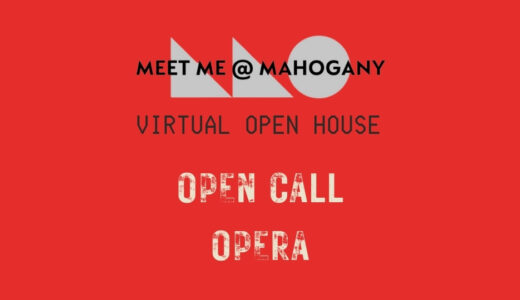
16/10/24
News | Meet Me @ Mahogany | Recruitment | Events & Performances
Meet Me @ Mahogany: Open Call Opera
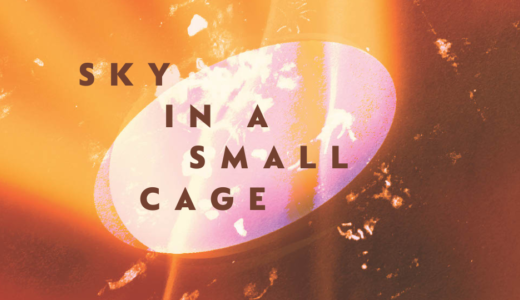
10/04/24
Commissioning | News | Events & Performances
Performance dates for Sky in a Small Cage announced
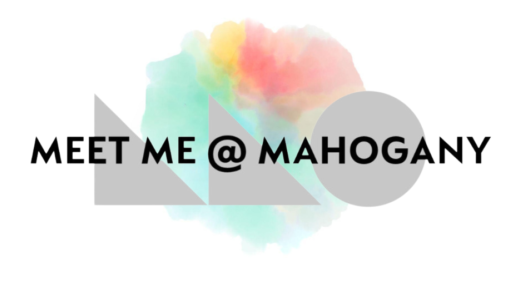
21/02/24
Various Stages | News | Meet Me @ Mahogany | Events & Performances
